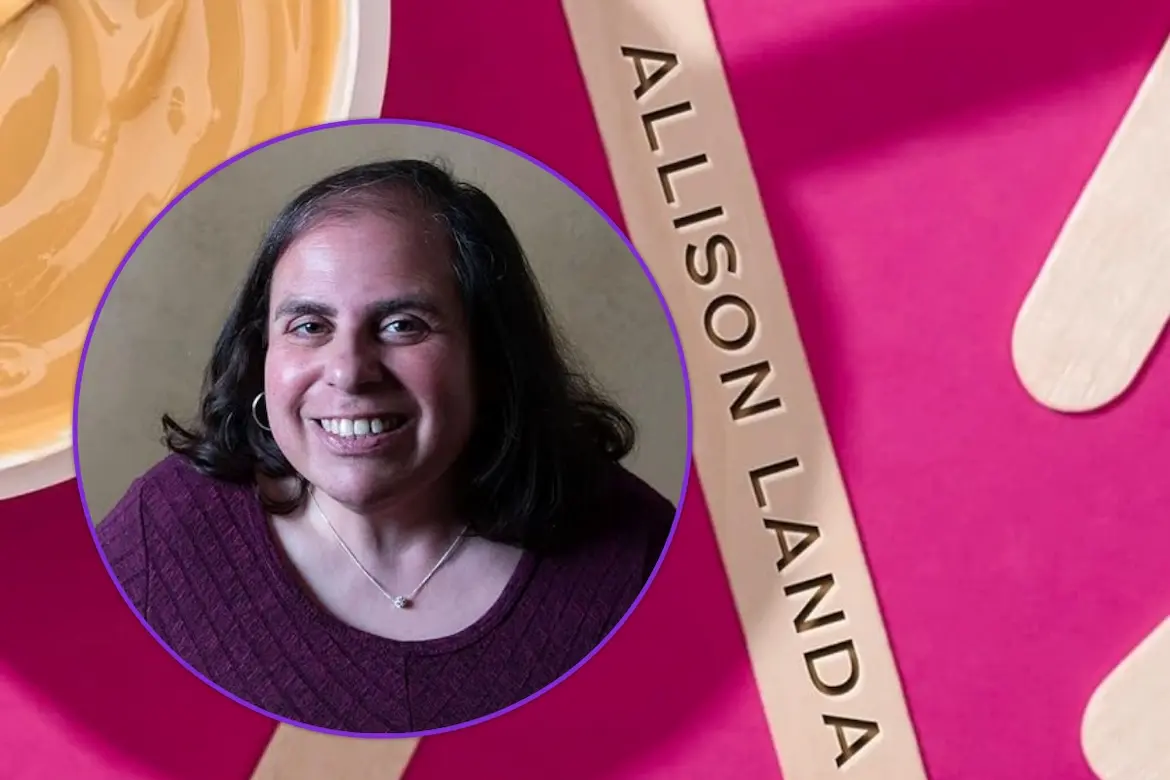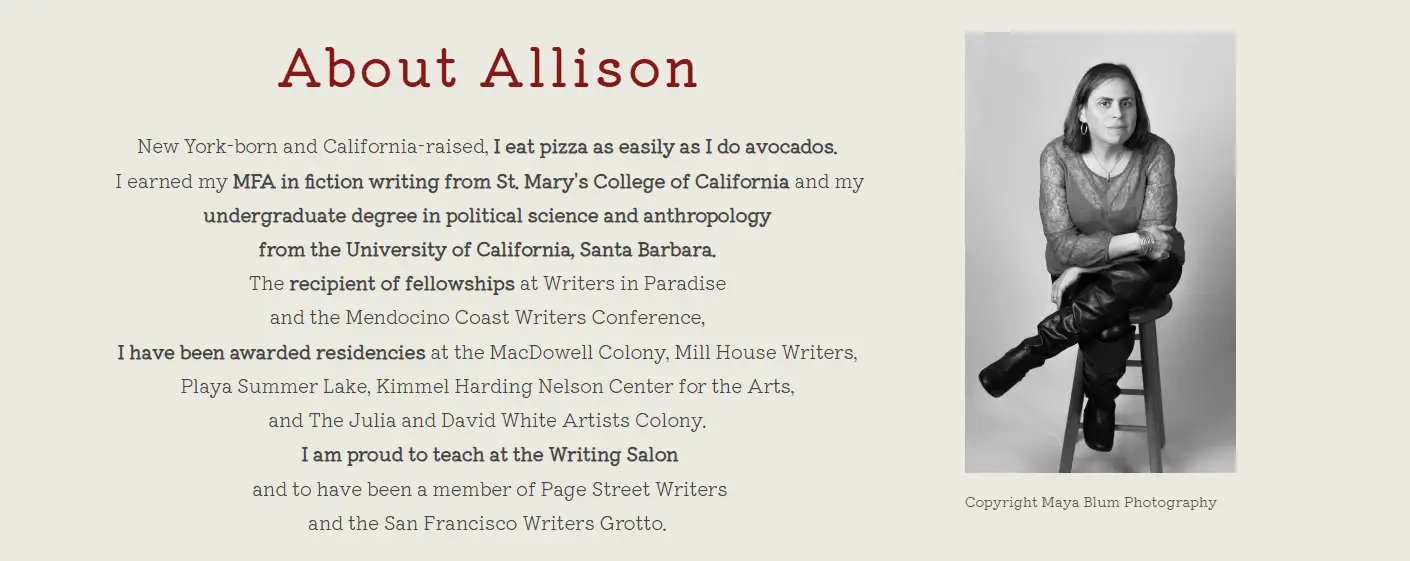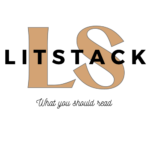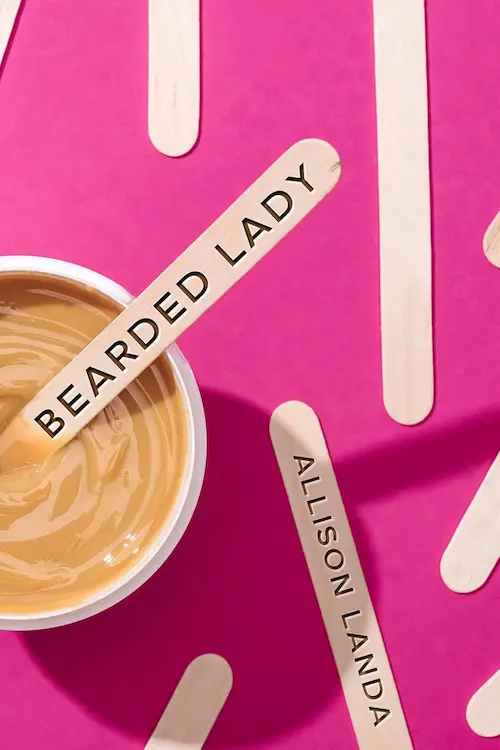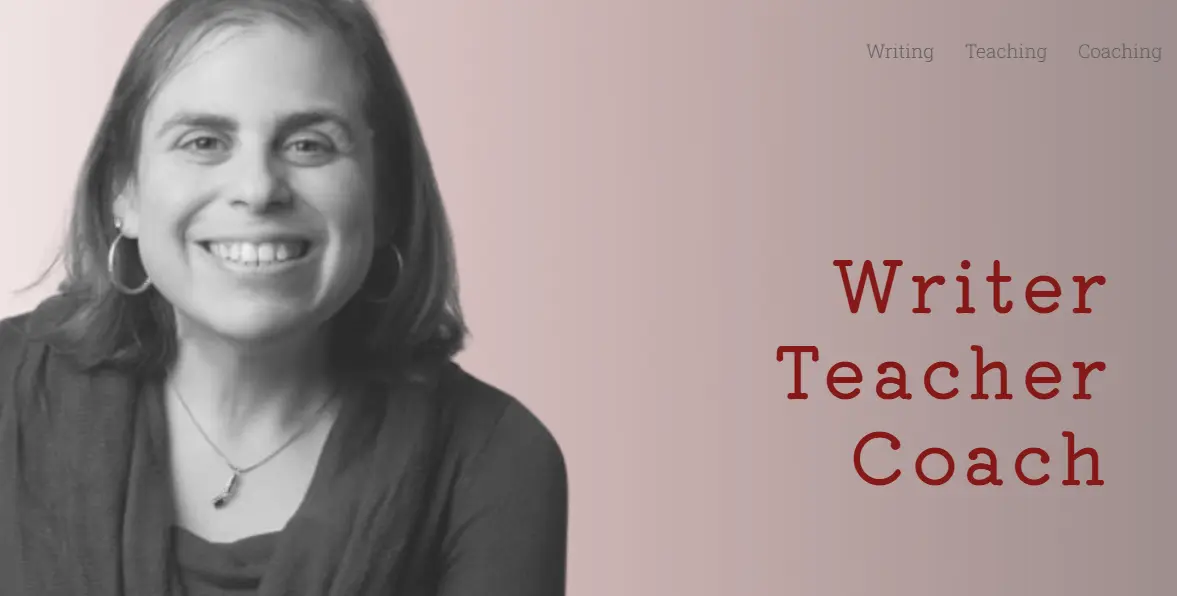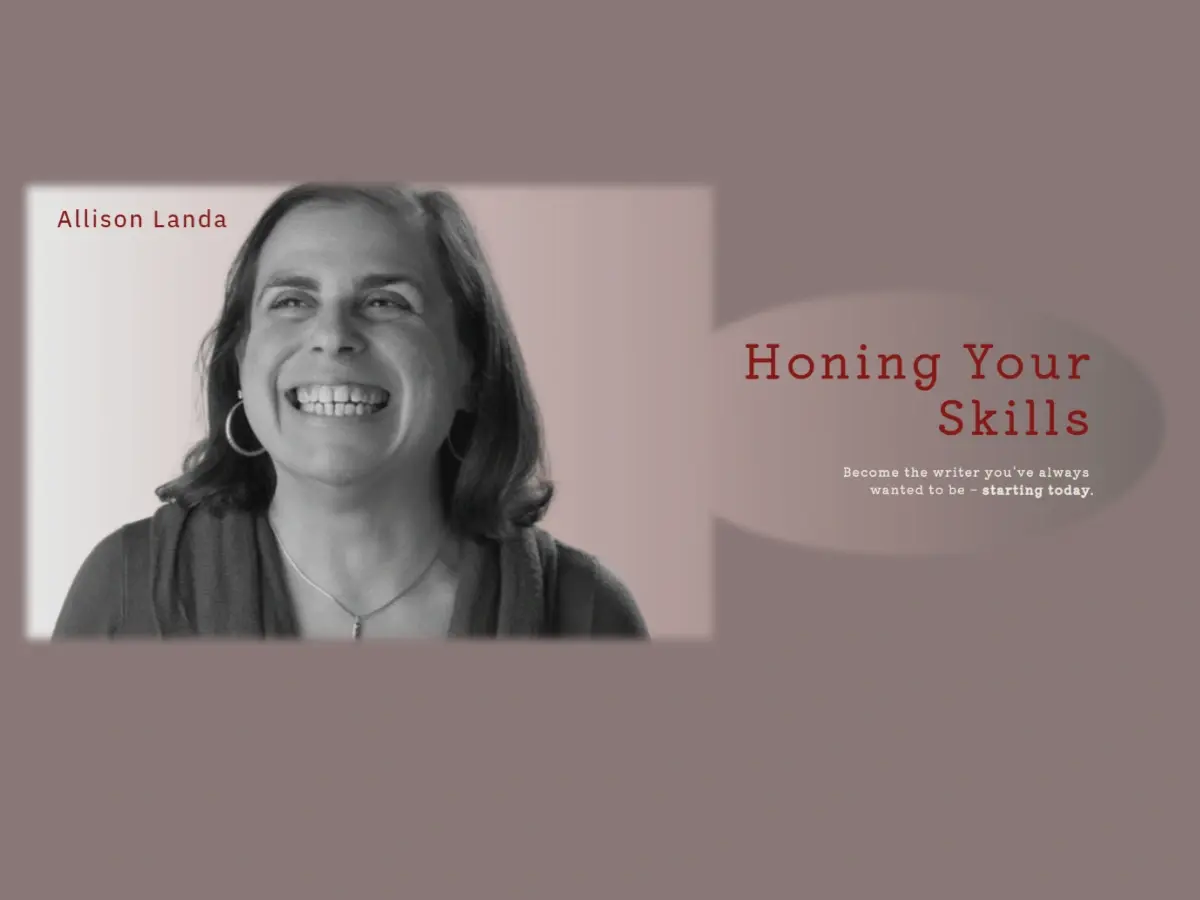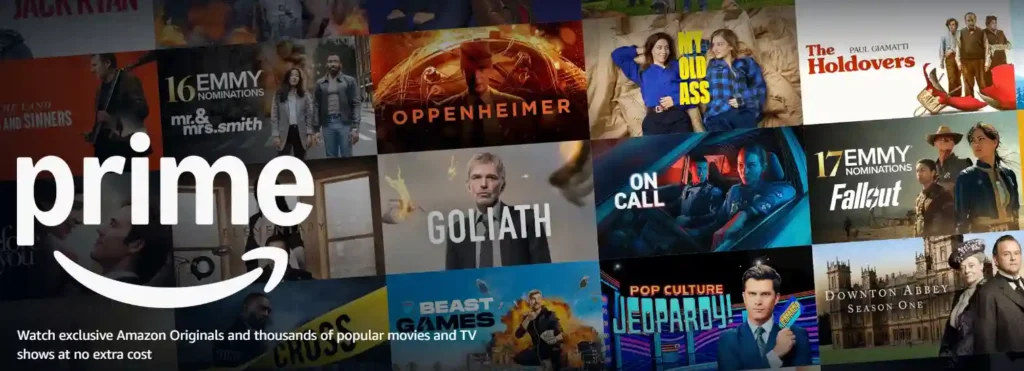In This LitStack Author Interview of Allison Landa
Who’s Looking At Me?
Sitting in a plush café booth on a sun-soaked Berkeley morning, I was mentally preparing for this interview when a woman sat across from me and began an in-depth discussion about life, love, and philosophy. As she voiced her life story to me, I nodded intently, abruptly shaken out of my own thoughts—this was not Allison Landa, author of Bearded Lady.
This loquacious stranger was interrupted by my recognition of the real Allison Landa entering the coffee shop, my actual interviewee. The stranger immediately settled her gaze on Allison–”Do I know you? You look very familiar.” As she pressed intently on the idea that she recognized Allison—continually proposing places they might have seen each other before, and repeating that she looked “so familiar”—I froze, uncertain of the new social dynamics in place.
Allison interceded smoothly, “I don’t think so, but I have been living in Berkeley forever.” In the bustling of moving tables and ordering drinks, the woman concluded that perhaps the two have seen each other before in the local farmer’s market, and settled into what is now her booth.
As we settled into our own seats and conversation, Allison noted lightly:
Before, I would walk in a cafe like this and be like, who’s looking at me? Like, 20 years ago if I walked in and somebody said, ‘Oh, haven’t I seen you before?’ I’d be, like, immediately, oh, I’m the bearded lady. Immediately. And I don’t feel that way anymore.
It’s more than just taking care of the facial hair. It really was about, like, growing and understanding that, hey, you know what? We all carry something and it’s really just how you walk in the world. And that took—I mean, I just turned 50 this year! And it feels really good. Because I’m always like, well, what the hell is the alternative?
This moment, a chance interaction, characterizes Allison’s change over the years, and embodies the journey to accepting herself that she accounts in her book. This stranger no longer has the power to unnerve her. The Allison that stands before me is sure of herself; a happily devoted writer, mother, and wife. What has been her process to getting here, the transition from the girl in her book Bearded Lady to the woman now? What is the future for Allison and her work moving forward from her debut memoir, and exploring new pastures beyond her personal account of life with Congenital Adrenal Hyperplasia (CAH)?
Source: https://www.allisonlanda.com/
The Beginning Of It All
It feels important to open by returning to the beginning of it all—Allison Landa’s first book, Bearded Lady. This book required bravery to write, and meant recalling and recounting the painful memories of her adolescence. In Bearded Lady, Allison has multiple moments where she denies the intimacy of even her closest friends and family coming into contact with the subject of her condition and the idea of getting help managing its symptoms.
R: Since being vulnerable about your CAH diagnosis and possible treatment was a constant struggle for you in the book, first with Missy and all the way through the end of the book with Adam, what helped you to decide to write about this experience for the world to read?
A: Nobody’s asked me that before, and I love that question! And I can tell you that I was in graduate school at Saint Mary’s College. This is in 2005. And my mentor, Wesley Gibson, who is an amazing writer, assigned us something you never do in grad school, which is actually writing.
We were to write something that was very personal. He was like, ‘I really want you to get in there and get beyond the shit and write about something real’. And I was like, okay. I always knew I’d write about this. I just didn’t think it’d be my first book.
So I went home, I wrote up an outline, handed it to him. I couldn’t even look at him and all he said to me when he read it was, ‘Sweetheart, go for it’. That’s it. And I’m like, okay. I think I have to. It really was fake it till you make it.
R: The subject matter goes deeply personal, and spans a lot of your growing up years all the way up to adulthood. And if I have this correct, seventeen years preceded the 2022 publication of your first book. So as you actually began to write this book, what did your process look like over the years?
A: I had all these little notes everywhere, saying ‘This is IT!’ And I remember sitting in cafes across the Bay Area, across the country, across the world. Little pieces, and breaks in between.
R: That’s definitely a lot of big life changes—moving, traveling, and just life in between—what kept you invested in writing this book even as so much was changing?
A: This book, Bearded Lady, was the book that wanted to be written. It cried out to me. It wanted to be written. And every so often, I put it in the drawer and said ‘This will never happen’. And, I mean, something that I think that’s interesting is that it took 3 literary agents to sell it over time.
R: Wow, that’s definitely a lot of time and investment in itself! What did those years look like?
A: My first [agent] was wonderful, but she just couldn’t kinda get it over that hump. And then my second one said it’s not a memoir, and it’ll never sell as a memoir. It’s young adult. And I was like, I’ve never read or written young adult. How do I do this?
And I was like, I’m 5 months pregnant. And I was like, oh my god. What do I do? I’m on the phone going, what the hell? And I just said, “Okay. Let’s go for it.” Well, 4 years later, we parted ways, because it just didn’t happen. Now it’s funny because there is a book that I’m marketing that’s called Bad Hair, it’s a young adult book. That’s the one that I got from this. But I always felt this was a memoir. And then I got my 3rd agent, Marissa, and Marissa sold it.
And I was just so grateful for her. I feel like this is a memoir. The voice may be a little new-adulty, I don’t know.
R: I think that it could definitely apply to people who are growing through that phase, going through adolescence into adulthood. But I don’t think that I would, you know, ascribe it that title of being a young adult book just for that, because it definitely reads as a memoir. It’s your life experience and it doesn’t just stop at a young age. It travels all the way through your adulthood. And you tackle some really adult decisions.
A: Absolutely. But she was like, it’ll never sell. I don’t know anybody who’s gonna buy it. And I was just like, I was 5 months pregnant, and I was really, really scared about what was on the other side. And I thought, I’m like, well, what is that gonna look like?
I didn’t realize that, you know what? Your life actually could be much better after that hard right hook, and it’ll be fine. I didn’t know.
So I was like, well, let’s just go with this. That wasn’t really meant to be. This was what was meant to be. This is the book I wanted to write.
I Don’t Want Any Of That
This opened up the discussion with Allison Landa to a new facet to what made writing Bearded Lady challenging—choosing to write a memoir is not just putting your life word for word onto the page, but creating a story from the web of events that makes up a life, and representing this journey in a way that is legible and connective to the reader.
R: I’m curious, then, how you went about the writing of this book from there, the process with editing. How did you know what to keep and what to cut?
A: A lot of it is almost like throwing a freaking dart. And saying, oh, this doesn’t work. You know?
It’s like, for example, when I first met [my husband] Adam, Adam had a girlfriend. That just didn’t work in the book. It’s hard to capture that, the reality of that…that we grew to really love and appreciate each other as friends, but I felt like it was better to cut to the shakes. And it wasn’t like I was lying about anything, but I just cut to the show. Because you have to; it’s different than you getting to have a continued conversation with someone.
I tried to put my experience living in the Czech Republic in and it just didn’t work. I wasn’t gonna put the whole Matt thing in. But I was in a writing group at the time, and my friend Warren turned to me and said, ‘You know, Landa, I love you and you’re my friend and I wanna feel your pain’. So it stayed in.
R: Wow, and a reader would never know that there was so much development time in your relationship with Adam, or that you lived in the Czech Republic, or that you would’ve excised that piece about your relationship with Matt. That part of your book felt so key to me—these three major romantic/sexual relationships between the one-night stand in college, Matt, and then Adam. The college guy was someone who was not really willing to see you as a full person, and Matt was this guy who did see you, but wasn’t fully ready to commit to being “that guy” for you. And then Adam came along, and you go through so much to let him in.
A: Yeah, something I worried about in the novel was does Adam come across as too perfect, too nice, too good?
But I think he genuinely is that way. He’s a genuinely kind, decent, good person who saw me. I don’t think I’d ever been seen before. I mean, because I didn’t allow it.
I developed all these ways of sort of distracting people. And he was, like, I don’t want any of that bullshit.
R: I love that, because your relationship is not like he’s this perfect prince that sweeps in and everything changes. I think that you meet him and you realize so much about yourself and I think that’s what all relationships are, is learning about yourself and realizing I can make a change and this person makes me feel safe to do that.
A: I like that, I get kinda chills when you feel like that, because that’s so what it is.
Because even in that part of my story, it’s not like, oh, we’re changing the story and this is now about my relationship.
This is about me and my journey and meeting this person. It’s wonderful. And I feel so happy to have met someone like this. But what they’re doing for me is they’re providing me a space to be myself and to actually go through with some of the things that I was I’ve been fighting with for years, which is I’m gonna go on treatment.
Source: https://www.allisonlanda.com/
That’s How I Was At That Time
The choice to go on treatment was not one Allison Landa took lightly at any time, and throughout the book she struggles with whether the choice to go on treatment meant denying self-acceptance.
R: Knowing that it was a struggle to make sense of what was societal beauty standards in your head versus a personal choice for you, how did you decide to pursue treatment?
A: I didn’t wanna look like a guy in my wedding photos!
That was really important to me. And so I went and I got the help that I needed, and I feel so grateful that it’s out there and, something I think is very relevant here is that my son is autistic.
When we found that out, I was like, alright. We gotta get him the resources he needs now. I’m not gonna do what my parents did.
And with the hormone medication and laser—it’s not just, like, by doing this, I’m leaning into patriarchy or this idea, this conception of beauty. I was like, no. This can be for me.
It’s still interesting to have this book out now because people are leaning into it in very different ways. I mean, you see people taking medication so that they can grow facial hair. Or they have it already, and they’re rocking it!
R: Absolutely. Identity is a lot more complicated than making choices based on how they fit into social practice, but it’s definitely hard to tell sometimes why we make the choices we make, or why we feel the way we feel about something. But ultimately we have to make choices for ourselves about how to show up in the world, and everyone should have access to the resources to make that choice.
Speaking of how it feels to have this book out now and the way people are leaning into your story in this time, how does this book feel to you now?
A: I read it now, and I’m like, god. There’s so many errors. There’s so many things I do differently. It’s a little frustrating to read it and be like, I would change so much, but that’s not the person I was then. And what this book does is sort of put under glass who I was. And I like that.
I think that’s also what makes it so special, is that it’s created in that moment, in that time. And so, when you look at it in the future, you’re like, that’s how I was at that time. That’s what life was at that time.That’s what society was like at that time. I think it’s really crucial to be able to go back and have what’s an interesting conundrum—because you wanted to be timeless. You wanted to speak to people beyond its era, but you also wanted to kind of reflect what once was.
R: I love that, it’s like your book is an artifact of you, and that period of time you were living in. While that is so specific, your book feels so applicable to most readers even now who are trying to figure out how to be in this world. That being said, who do you think is your audience? Who do you write for?
A: I write for myself, definitely…I write to communicate. I write for readers like you–readers who are looking to understand me, and I think that is the coolest thing–the fact that people will give their time to me in reading my work…I want everyone to be able to see themselves in my work.
Roger Ebert said, ‘The specific is the universal’. And when I read that, that revolutionized my work.
It’s like [the reader] might not know what my personal experience is like, but everybody knows what it is to be weird. Everybody knows what it is to be lonely or scared or in pain, and so I really went after those higher themes.
And if you asked me when I was writing it at the time, ‘Is that what you’re doing?’ I’d be like, no. I feel like we only can talk about craft after—at least for me.
While Allison Landa describes this mission with a comedic humility, this commitment to higher themes and relatability is truly applied in her work. Her work explores relationships first and foremost–her platonic relationships, familial relationships, romantic relationships, and, most importantly, her relationship to herself. While this is self-exploratory, the work is also reflective of what it feels like to grow up and experience the joys and struggles of becoming yourself in this world. In this way, it connects with all readers on a timeless level of how complex and shared this experience can be.
The Future of Writing
Looking beyond this book, Allison and I discussed the future of writing—for herself and the local writing community.
R: In Bearded Lady, you come to the idea in high school that you wanted to be a writer. Did this path ever change or deviate along the way?
A: I didn’t have any choice in the matter! Like my eyes will always be brown. I will never reach the top shelf. And I’m a writer. I just always knew and I started out as a journalist and knew—this isn’t where I’m at.
I don’t wanna write about what happens externally. I wanna write about what happens internally. And I would run home after work, change my clothes, and run to the cafe and write.
It was almost like I was a magnet to the page.
R: Part of your identity! I love that, that sort of instinctive draw to the page. And I loved when you talked about being in Nebraska and being a journalist. When you finally leave that situation and find yourself where you are now, it’s so inspiring to everyone who feels like they’re still figuring it out. Like, everything is a constant process. Speaking of constant process, you’re in the process with some new work, fiction?
A: Yes! I have a young adult book called Bad Hair on submission, and another book where I kinda went for what scares me the most, which is losing my son. It’s about a couple who lose their son to suicide, and there’s a wildfire and a younger woman who they meet and who challenges them in a lot of different ways.
R: And how has that process of writing been?
A: Writing comes a little easier now, and as you continue writing you kind of learn to tease those knots out. I trust my instincts a lot more. With my first book, it was much more like trial and error. I was teaching myself as I went. I’m way better able to structure, and trust myself with the process.
Have you heard of whole plotters versus pants or something? A plotter is essentially, like, I make an outline and I’m very structured, and the pantsers are like the seat of my pants.
I’m a total pantser. I want to be as authentic as possible. I’ve tried outlines, and it’s funny because when I’ve taught, I’ve definitely offered that as an option, but I’m a sort of intuitive writer.
R: Right, because you are a writing coach, too! That brings up something else I am curious about—how do you find it balancing writing and coaching other writers? How do you feel about the local writing community?
A: I love what I do! I really love the [writing] community here and I think that it’s really important to have it. The majority of people are kind, giving, collegial, and supportive. And when the book came out, people were amazing! They came out of the woodwork.
R: That’s so special, community is definitely important to have in a process like this. It makes me wonder, what makes the writing world so special for you?
A: I think it’s really amazing for readers and writers to be present with each other and give each other their time—that’s so special these days. Giving people the time to be seen, and to care. It’s amazing to find people that care about what I write.
Source: https://www.allisonlanda.com/
Work and Commitment and Love for the Community
Allison Landa’s love for writing definitely shows through both in her own work and in her commitment and love for the community. I am excited to witness the future of her writing career and her impact in our community, and hope more readers will soon get a chance to experience being seen and held through her work. I feel truly honored and grateful to have been able to spend this time with her, getting to know her, and look forward to spending more time together in the pages of her writing.
For writers and readers looking to engage with Allison Landa further, I highly recommend checking out her blog and website. Many thanks to Allison Landa for sharing her wisdom, cracking wit, and joyful spirit with me (as well as a great new coffee spot!).
~ Rylie Fong
Other LitStack Resources
Be sure and look at our other LitStack Recs for our recommendations on books you should read, as well as these reviews by Lauren Alwan, and these reviews by Allie Coker, Rylie Fong, and Sharon Browning.
As a Bookshop, Malaprop’s, BAM, Barnes & Noble, Audiobooks.com, Amazon, and Envato affiliate, LitStack may earn a commission at no cost to you when you purchase products through our affiliate links.
You can find and buy the books we recommend at the LitStack Bookshop on our list of LitStack Recs.


